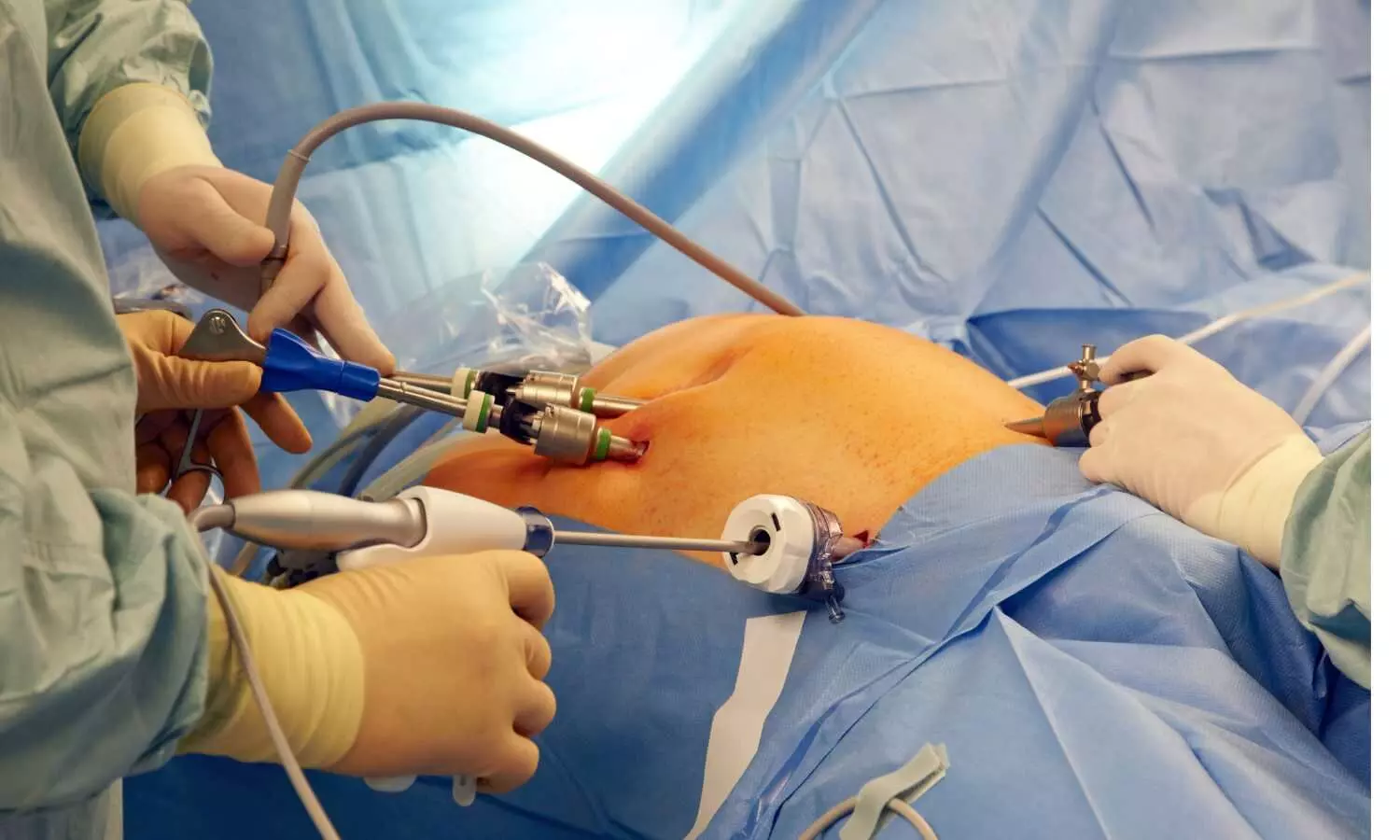- Home
- Medical news & Guidelines
- Anesthesiology
- Cardiology and CTVS
- Critical Care
- Dentistry
- Dermatology
- Diabetes and Endocrinology
- ENT
- Gastroenterology
- Medicine
- Nephrology
- Neurology
- Obstretics-Gynaecology
- Oncology
- Ophthalmology
- Orthopaedics
- Pediatrics-Neonatology
- Psychiatry
- Pulmonology
- Radiology
- Surgery
- Urology
- Laboratory Medicine
- Diet
- Nursing
- Paramedical
- Physiotherapy
- Health news
- AYUSH
- State News
- Andaman and Nicobar Islands
- Andhra Pradesh
- Arunachal Pradesh
- Assam
- Bihar
- Chandigarh
- Chattisgarh
- Dadra and Nagar Haveli
- Daman and Diu
- Delhi
- Goa
- Gujarat
- Haryana
- Himachal Pradesh
- Jammu & Kashmir
- Jharkhand
- Karnataka
- Kerala
- Ladakh
- Lakshadweep
- Madhya Pradesh
- Maharashtra
- Manipur
- Meghalaya
- Mizoram
- Nagaland
- Odisha
- Puducherry
- Punjab
- Rajasthan
- Sikkim
- Tamil Nadu
- Telangana
- Tripura
- Uttar Pradesh
- Uttrakhand
- West Bengal
- Medical Education
- Industry
Mental Health Challenges may persist among obese adolescents even after Bariatric Surgery

A comprehensive study delved into the mental health implications of bariatric surgery in adolescents dealing with severe obesity. The study revealed that adolescents with severe obesity who underwent bariatric surgery exhibited a higher incidence of psychiatric diagnoses and prescribed psychiatric drugs compared to their matched counterparts in the general population.
This study was published in the journal The Lancet: Child and Adolescent Health by Gustaf Bruze and colleagues. This retrospective analysis, using data from the Scandinavian Obesity Surgery Registry between 2007 and 2017, tracked psychiatric health-care visits and prescribed psychiatric drugs for 1554 adolescents who underwent bariatric surgery. These adolescents were matched with a control group of 15,540 adolescents from the general population. The key findings of the study were:
Prevalence of Psychiatric Health Care and Prescriptions: Before surgery, 95 (6.2%) of the surgery patients and 370 (2.5%) of the matched general population had a psychiatric health-care visit. Meanwhile, 127 (9.8%) of the surgery patients and 445 (3.6%) of the matched population filled psychiatric drug prescriptions.
Pre-Surgery Trends: The prevalence of psychiatric health-care visits and filled prescriptions increased leading up to the time of surgery. However, the rate of increase was notably higher among adolescents with severe obesity, with 208 (13.4%) of the surgery patients and 844 (5.5%) of the matched population having a psychiatric health-care visit a year before surgery.
Post-Surgery Trajectories: Mental health challenges persisted after surgery. The prevalence of psychiatric diagnoses and prescriptions continued to rise for both groups over the 10-year follow-up period after surgery. Notably, 171 (36.5%) of the surgery patients and 739 (16.0%) of the matched population filled psychiatric drug prescriptions 10 years after surgery.
Substance Use Disorder: The prevalence of health-care visits associated with substance use disorders notably increased post-surgery in the bariatric surgery group, with 24 (5.1%) of the surgery patients and 37 (0.8%) of the matched population having a health-care visit associated with a substance use disorder diagnosis 10 years after surgery.
Importantly, both groups experienced an escalating trend in mental health challenges leading up to surgery, with this trend persisting even after the surgical intervention. Understanding and addressing the mental health implications post-surgery are crucial for comprehensive care in this vulnerable population. Realistic preoperative discussions on mental health outcomes are imperative to provide adequate support and care for adolescents undergoing bariatric surgery.
Reference:
Bruze, G., Järvholm, K., Norrbäck, M., Ottosson, J., Näslund, I., Söderling, J., Reutfors, J., Olbers, T., & Neovius, M. Mental health from 5 years before to 10 years after bariatric surgery in adolescents with severe obesity: a Swedish nationwide cohort study with matched population controls. The Lancet. Child & Adolescent Health,2023. https://doi.org/10.1016/s2352-4642(23)00311-5
Dr Riya Dave has completed dentistry from Gujarat University in 2022. She is a dentist and accomplished medical and scientific writer known for her commitment to bridging the gap between clinical expertise and accessible healthcare information. She has been actively involved in writing blogs related to health and wellness.



